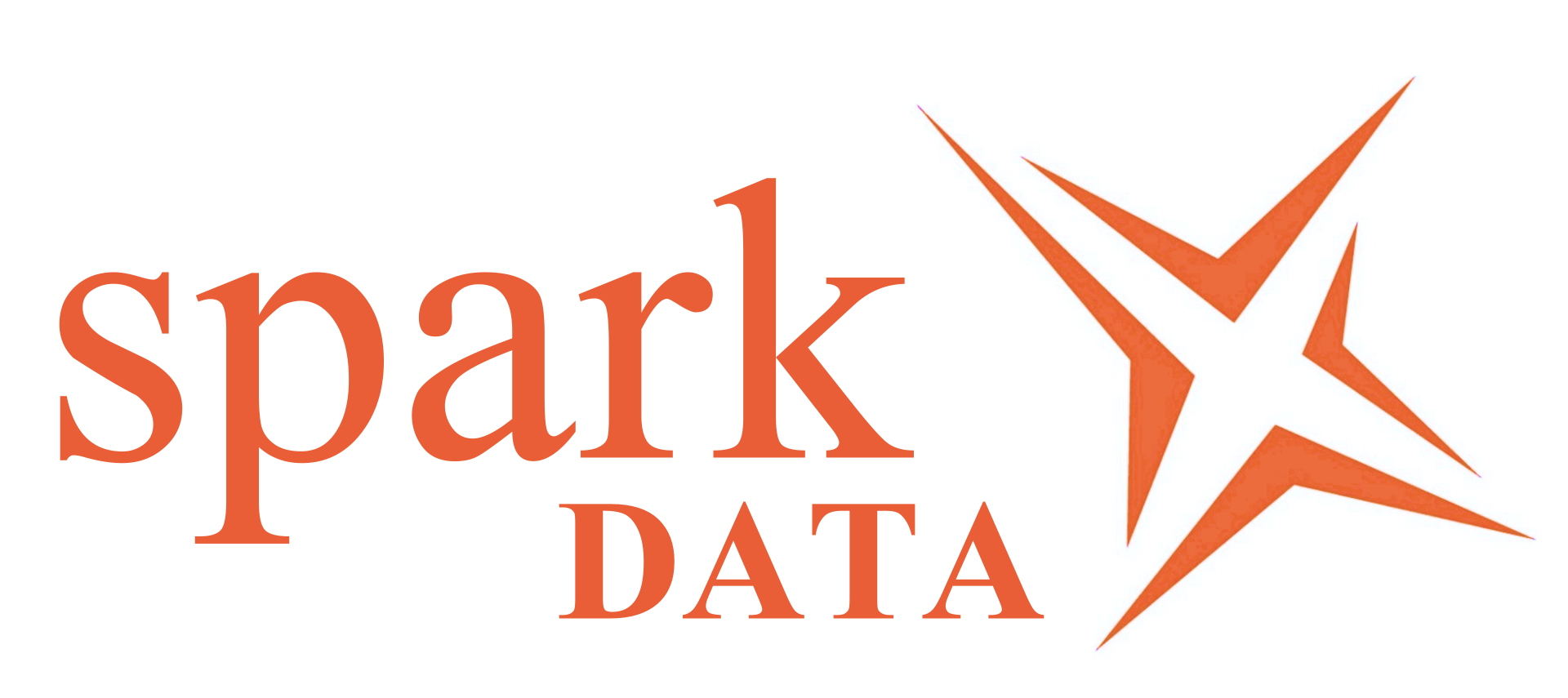AI Snake Oil
AI based consumer insight models more illusion than substance

Market research has always sought reliable ways to understand consumer behaviour. With the rise of artificial intelligence (AI), many agencies now promote AI-driven models as revolutionary solutions, promising deep consumer insights at unprecedented speed and scale. However, caution is required. Despite appealing marketing, many AI-based market research solutions today echo the practices of historical snake oil salesmen, offering more illusion than substance.
Synthetic solutions
The foundational challenge with AI-driven consumer insights lies in the quality and representativeness of the training data. AI models learn patterns from historical data sets, which themselves are often skewed, incomplete or biased. When consumer insights rely on such data, the resulting analysis inherits these limitations. Many datasets exclude certain demographics, neglect cultural nuances or reflect outdated behaviour patterns. Consequently, AI models frequently deliver insights that are accurate in theory but irrelevant or misleading in practice.
Another issue is the incorporation of synthetic data—artificially created data points intended to fill gaps or enhance datasets. While synthetic data can superficially improve model performance, it also introduces distortions. Models trained partly on synthetic data often produce outputs detached from real-world contexts. Rather than providing nuanced insights into genuine consumer behaviour, these models deliver broad generalisations or, worse, misleading predictions that businesses mistakenly trust.
Patterns not perspectives
AI-driven consumer insight often struggles to produce genuinely new or innovative perspectives. The nature of AI, being reliant on historical patterns, means these models largely recycle existing knowledge. Rather than uncovering groundbreaking consumer motivations or future trends, AI models typically reinforce established observations. While useful for affirming known insights, this rarely helps organisations anticipate truly novel consumer shifts or disruptions.
Perhaps the most fundamental limitation is the misguided belief that consumer behaviour can be fully quantified, modelled and predicted through algorithms alone. Human decisions and behaviours are influenced by complex emotions, spontaneous circumstances, cultural contexts and ever-changing social dynamics. Algorithms, however sophisticated, cannot fully replicate or predict this nuanced complexity. AI-driven insights can therefore offer partial views but should never be mistaken for complete or infallible consumer understanding.
Properly utilised AI can make a difference
This does not render AI irrelevant in market research. Properly utilised, AI can efficiently manage large datasets, identify broad trends and automate repetitive tasks, freeing researchers to explore deeper human contexts. However, agencies promising that their AI alone will deliver transformative consumer insights risk selling false assurance, reminiscent of historical snake oil salesmen.
Genuine understanding of consumer behaviour remains deeply human, requiring context, intuition and exploration beyond algorithmic reach.










